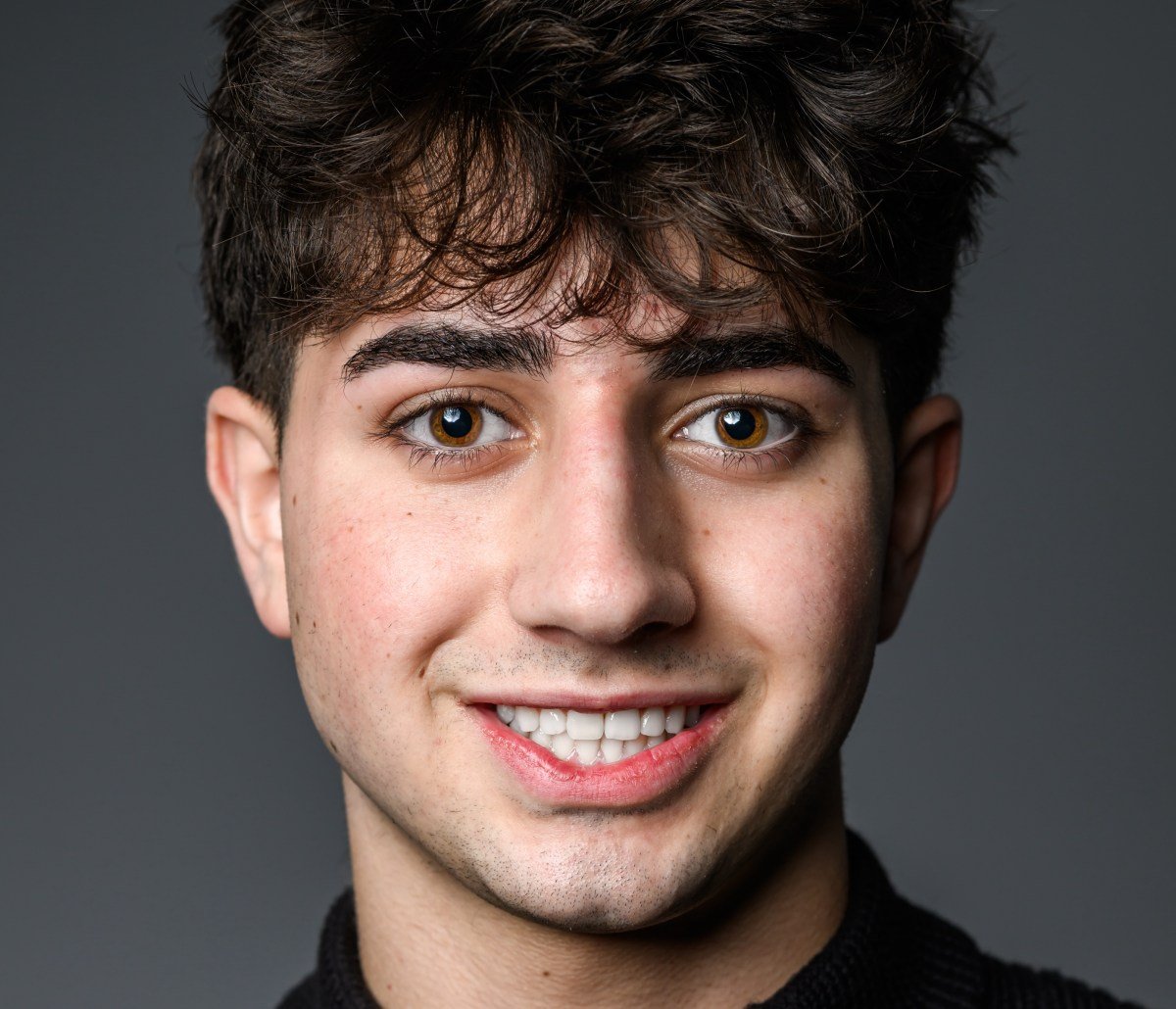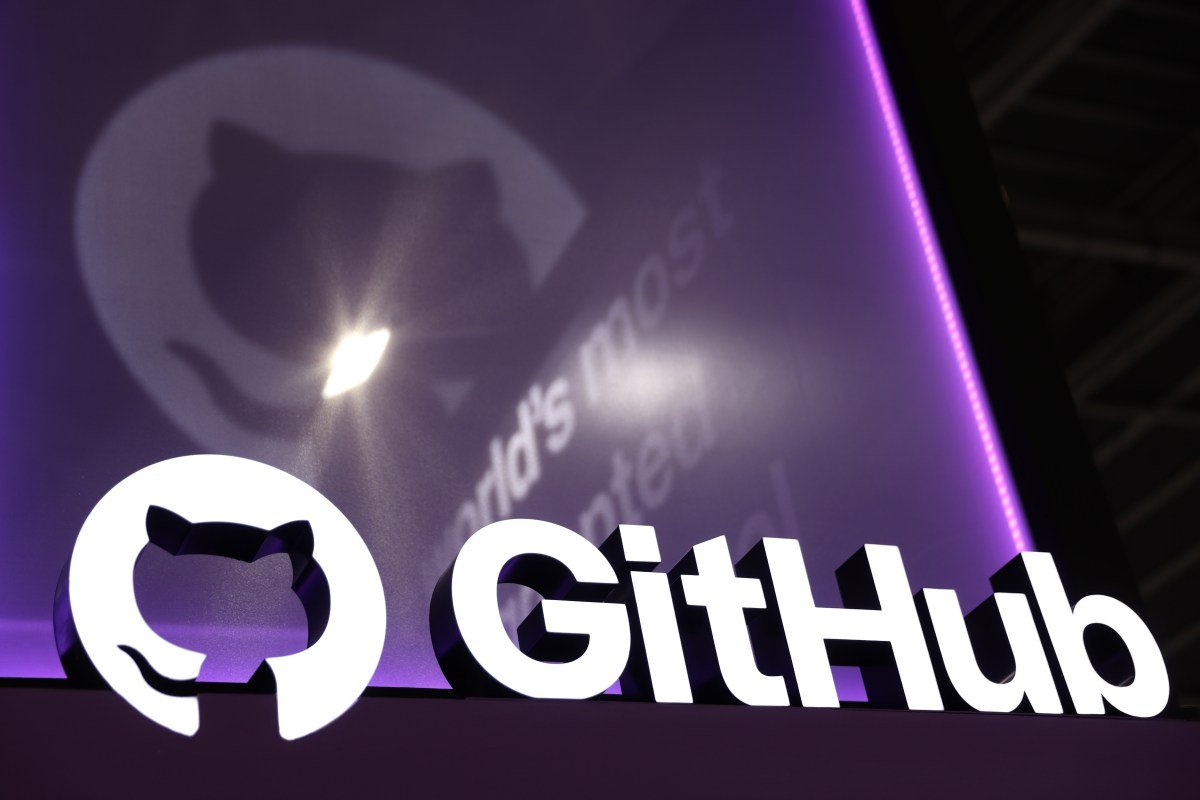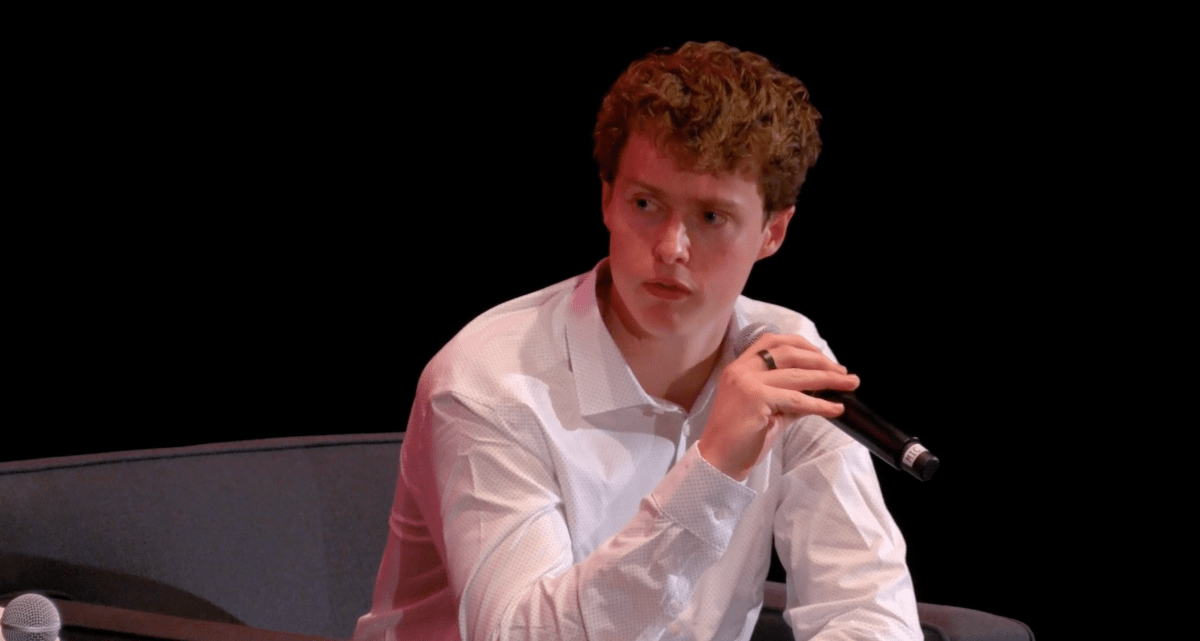
Zach Yadegari, the high school teen co-founder of Cal AI, is being hammered with comments on X after he revealed that out of 18 top colleges he applied to, he was rejected by 15.
Yadegari says that he got a 4.0 GPA and nailed a 34 score on his ACT (above 31 is considered a top score). His problem, he’s sure — as are tens of thousands of commenters on X — was his essay.
As TechCrunch reported last month, Yadegari is the co-founder of the viral AI calorie-tracking app Cal AI, which Yadegari says is generating millions in revenue, on a $30 million annual recurring revenue track. While we can’t verify that revenue claim, the app stores do say the app was downloaded over 1 million times and has tens of thousands of positive reviews.
Cal AI was actually his second success. He sold his previous web gaming company for $100,000, he said.
Yadegari hadn’t intended on going to college. He and his co-founder had already spent a summer at a hacker house in San Francisco building their prototype, and he thought he would become a classic (if not cliché) college-dropout tech entrepreneur.
But the time in the hacker house taught him that if he didn’t go to college, he would be forgoing a big part of his young adult life. So he opted for more school.
And his essay said about as much.
He posted the whole thing on X. It repeatedly said how he never planned on going to college and documented his experience making ever more money as a self-taught coder. He wrote how VCs and mentors reinforced the idea that he didn’t need college.
All until he had an epiphany: “In my rejection of the collegiate path, I had unwittingly bound myself to another framework of expectations: the archetypal dropout founder. Instead of schoolteachers, it was VCs and mentors steering me toward a direction that was still not my own,” he wrote.
College would help him “elevate the work I have always done” so he now wanted to learn from humans, not just books and YouTube.
His penultimate paragraph declared, “Through college, I will contribute to and grow within that larger whole, empowering me to leave an even greater lasting, positive impact on the world.”
Despite the grades, test scores, and real-world achievements, he was rejected by Stanford, MIT, Harvard, Columbia, Princeton, Duke, and Cornell, among others. He was, however, accepted by Georgia Tech, University of Texas, and University of Miami.
Still, his tweet about the many rejections went viral, with over 22 million views, more than 2,700 retweets and upwards of 3,600 comments.
Many of the comments blasted the essay as “arrogant,” saying that was the problem.
Others blasted the college acceptance system as the problem (with all the usual criticisms there).
Probably the more insightful comments were the ones pointing out that colleges are looking for candidates who seem thirsty for education and will likely graduate. His essay read like he had barely convinced himself to attend.
Even Y Combinator’s Garry Tan weighed in on X, not with feedback for Yadegari, but with his own “confession” that he was also widely rejected and waitlisted on his college apps “because I rewrote my essays after reading Ayn Rand’s ‘The Fountainhead.’” and’s Objectivism philosophy appears to be a permanently controversial topic, it seems. (Tan, however, did get into and attended Stanford.)
Yadegari tells TechCrunch that he’s still figuring out his next steps but was fascinated by the response his X post received. “It was interesting to see many different perspectives, but ultimately, I’ll never know exactly why I was turned down. At the end of the day, when I wrote my essay, I hoped admissions offices would perceive me as authentic because that’s all I ever want to be.”
Yadegari also says he’s come to realize that business success isn’t the greatest achievement of his 17-year-old life. Having obtained some of that, “I realized that life was not just about financial success,” he said, “it is about relationships, and about being a part of a larger community.”







